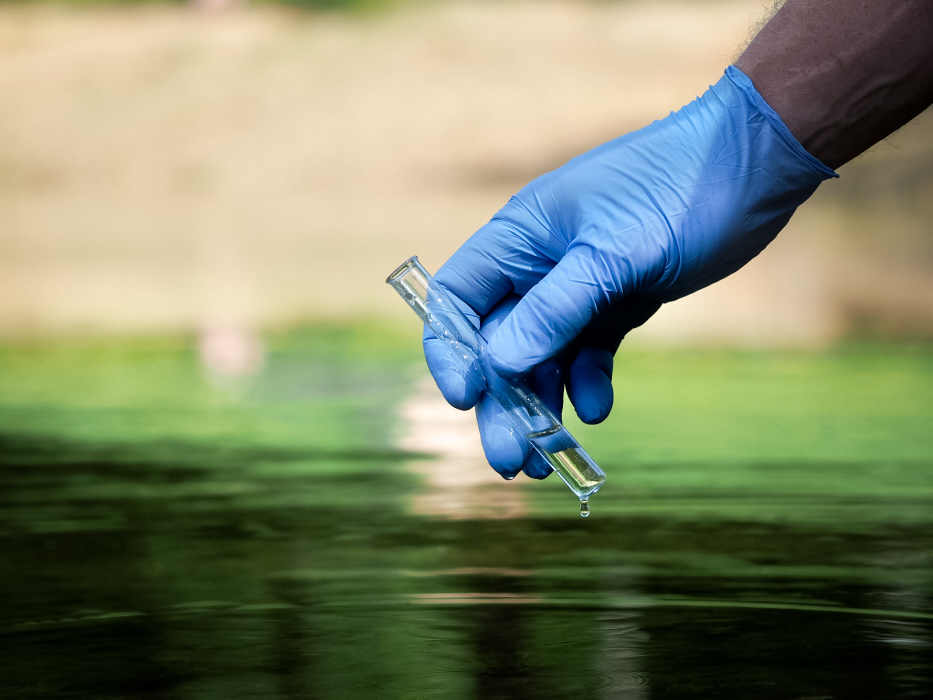
By Fatima Saka
Waterborne Diseases and Non-Communicable Diseases (NCDs) are two distinct health concerns with unique causes and impacts on human populations due to heavy chemicals and phytochemicals in water consumption, as disclosed by experts.
Indeed contrasting health challenges, each with specific causes, risk factors, and effects on public health, both waterborne diseases and NCDs necessitate tailored public health interventions to reduce their prevalence and impact, underscoring the importance of addressing them for the improvement of global health.
Insights From Experts
Dr. Rukaiya Wamakko, the director of primary healthcare at the Federal Capital Territory (FCT) Primary Healthcare Board, highlighted that discussions around waterborne diseases often focus solely on the infectious or communicable aspects, overlooking the non-communicable dimension.
She emphasized the presence of heavy chemicals and phytochemicals in various water sources, including rainwater, groundwater, and bottled water, all of which may contain metals that require regulation for human consumption.
During an interview with Distinct News Correspondent at an international water conference in Abuja, Dr. Wamakko emphasized the harmful effects of prolonged intake of water with elevated concentrations of heavy metals on the circulatory system.
The accumulation of toxic metals like lead in blood vessels can lead to narrowing and thickening, disrupting blood circulation and potentially resulting in thromboembolic events, strokes, hypertension, and other non-communicable diseases, exacerbating existing conditions such as diabetes, according to the expert.
Research Findings
In a discussion with our Correspondent, Professor Chimezie Anyakora, CEO of Bloom Public Health Nigeria, highlighted the concerning state of water resources in Nigeria.
He stressed the importance of raising awareness about the increasing exposure to cancer due to contamination of water bodies with polysaccharides, nitric hydrocarbons, PAHs, lead, and other toxic metals.
Professor Anyakora underscored the need to shift perspectives and advocate for solutions in response to these environmental challenges.
Health Statistics
Coordinating Minister of Health and Social Welfare, Professor Muhammad Ali Pate, revealed that Non-Communicable Diseases account for 27% of annual fatalities in Nigeria, resulting in approximately 447,800 deaths each year.
Similarly, waterborne diseases like cholera, which recently surfaced in Lagos State, Nigeria, have led to 2,102 suspected cases and 63 deaths across various regions since the beginning of the year, as reported by the Director General of the Nigeria Centre for Disease Control and Prevention, Jide Idris.
Analysis
Waterborne Diseases: These illnesses stem from microorganisms transmitted through contaminated water sources, exacerbated by poor sanitation, inadequate hygiene practices, and lack of clean drinking water. Common waterborne diseases include cholera, typhoid fever, dysentery, hepatitis A and E, giardiasis, and cryptosporidiosis.
Non-Communicable Diseases (NCDs): Chronic conditions not caused by infectious agents but by genetic, physiological, environmental, and behavioral factors, often linked to lifestyle choices. Common NCDs encompass cardiovascular diseases, diabetes, chronic respiratory diseases, cancers, and mental health disorders.
Differential Impact
Waterborne Diseases typically manifest acutely, with sudden onset and potential fatality, particularly in areas with limited access to medical care.
NCDs, on the other hand, develop over time, leading to long-term disability and mortality. They represent the primary cause of death globally, especially in developed and middle-income countries.
Preventive Measures
Waterborne Diseases: Prevention strategies include enhancing water quality, sanitation, hygiene practices, and vaccination efforts.
NCDs: Prevention entails promoting healthy lifestyles, regular medical checkups, reducing harmful behaviors such as smoking, and managing risk factors like hypertension and obesity.





